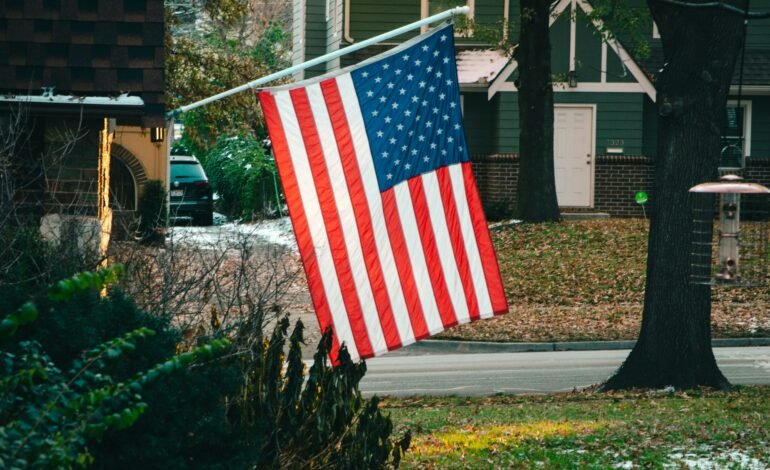Photo of Jonathan Meyer in Unsplash
The Trump administration has implemented a series of measures that tighten the process for obtaining U.S. citizenship, introducing new neighborhood checks, more extensive moral judgment assessments, and social media reviews.
Neighborhood checks
Effective August 22, 2025, U.S. Citizenship and Immigration Services (USCIS) has reactivated so-called "neighborhood checks," a practice that has been obsolete since the early 1990s. Under Section 335(a) of the Immigration and Nationality Act, officers may now decide whether to conduct housing and employment checks on applicants, requesting letters of recommendation from neighbors, employers, or colleagues to confirm residency, moral character, and constitutional adherence.
In some cases, presenting this evidence from the outset could prevent further investigation.
Evaluation of good moral conduct
On August 15, 2025, USCIS issued a new memorandum instructing officers to use a holistic approach when evaluating good moral character. A clean criminal record is no longer sufficient: positive contributions to the community, a stable work history, tax compliance, family responsibilities, and rehabilitation from questionable conduct are now considered.
Legal but socially undesirable behaviors, such as habitual traffic violations or harassment, could also affect the evaluation.
Social media review and “anti-Americanism”
In parallel, USCIS has begun reviewing the social media activity of those applying for immigration benefits, assessing whether the applicant has expressed “anti-American” ideologies or supported terrorist or anti-Semitic activities.
These categories lack a clear legal definition, raising concerns among civil rights advocates about subjectivity and potential bias in decisions.
USCIS has defended the measures as necessary to ensure that only those who demonstrate the highest level of social responsibility can access citizenship, considering it a privilege reserved for the "best of the best" in the world. However, some warn that the rule introduces vagueness, excessive discretion, and uncertainty, which could later result in inconsistencies and discrimination affecting some communities.
For more stories like this, follow More Latin.
Sources:

